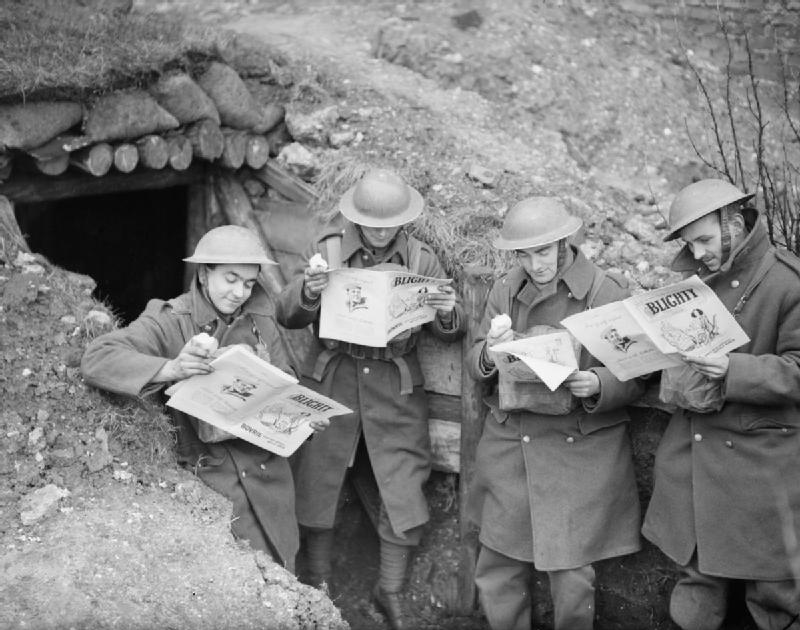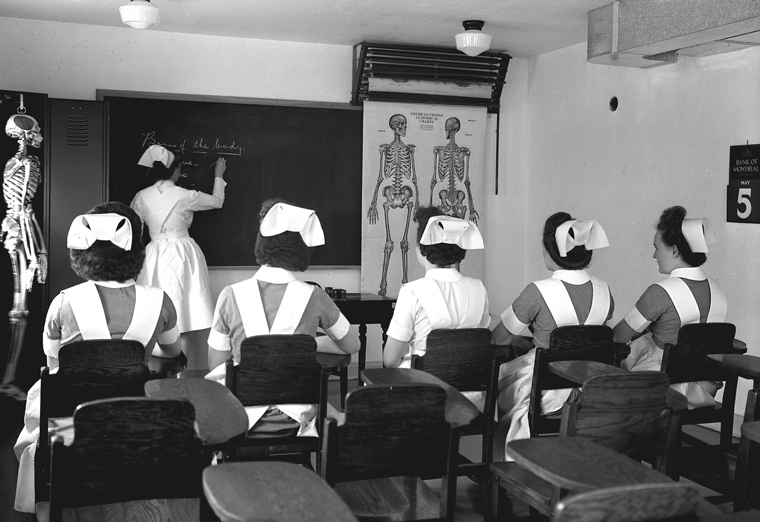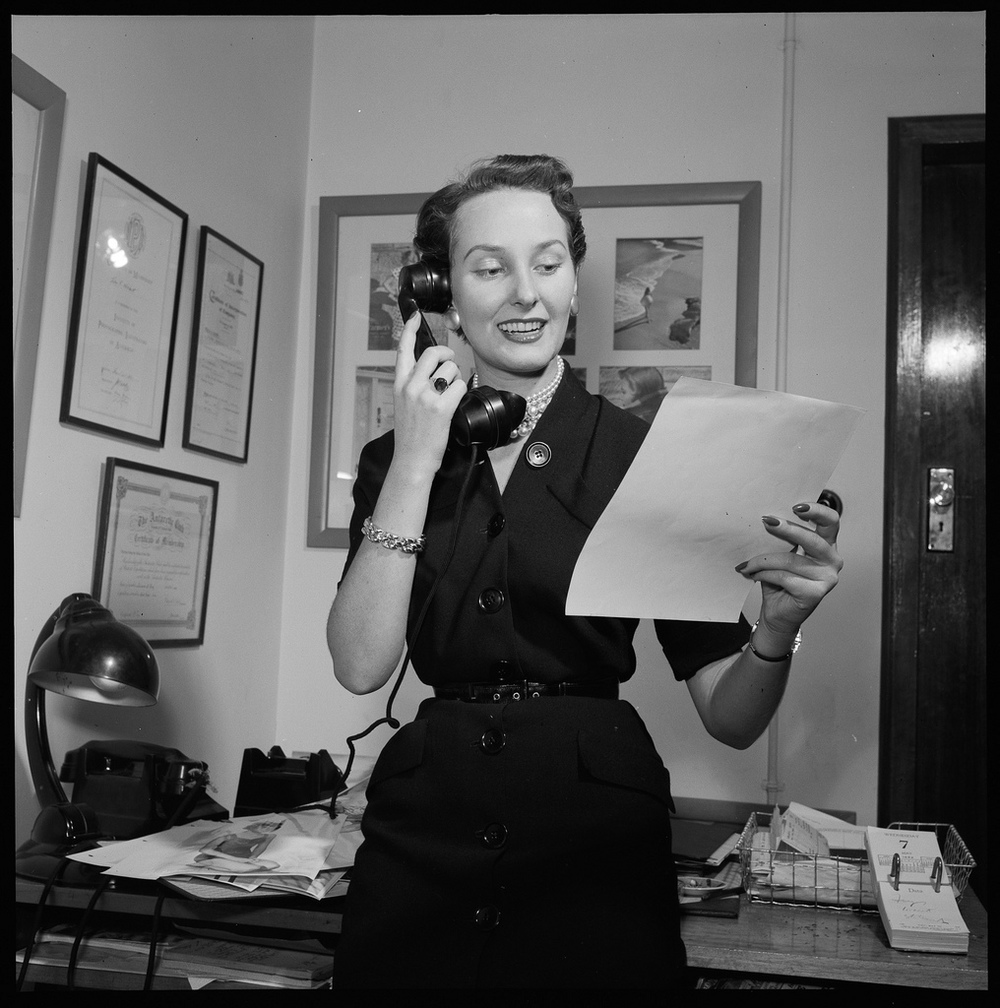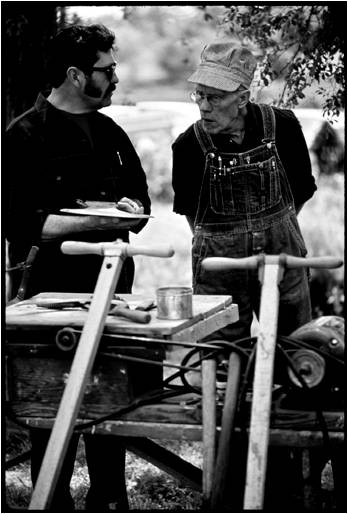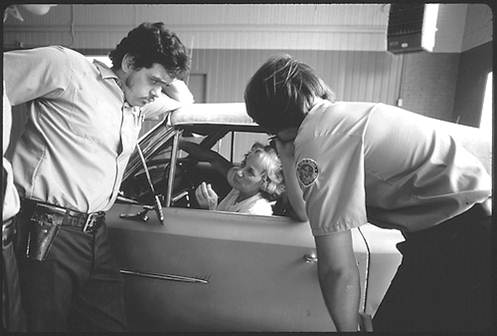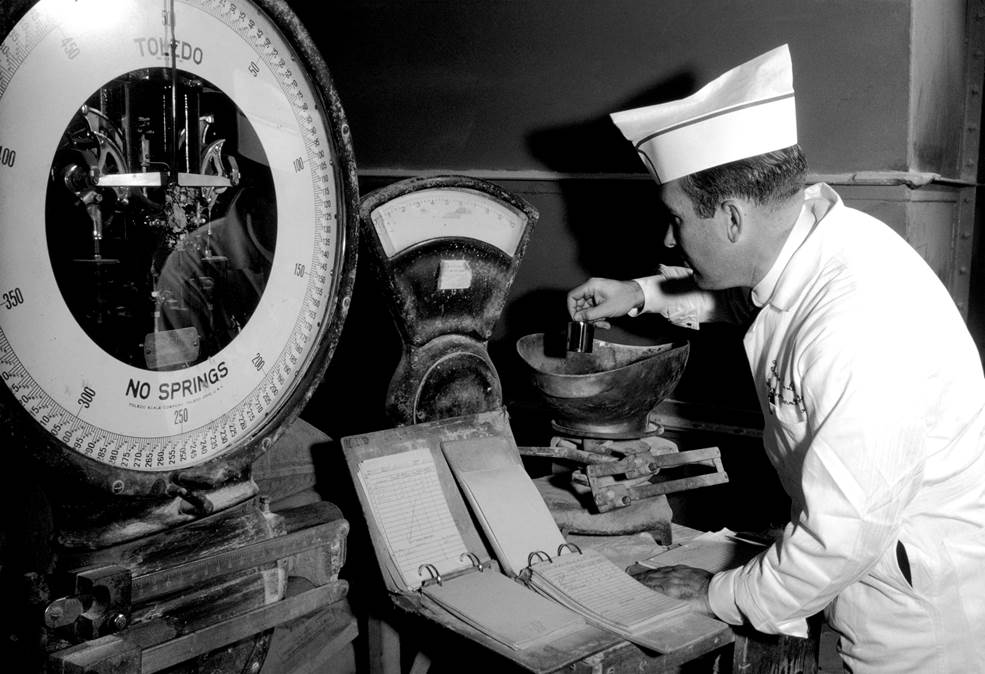 Measurement and evaluation. Fundamental to any effective piece of communications activity, project or campaign. Of course, there are lots of ways in which to do it these days. But should the much derided AVEs be consigned to the bin in the corner forever, or do they have a small part to play after all?
Measurement and evaluation. Fundamental to any effective piece of communications activity, project or campaign. Of course, there are lots of ways in which to do it these days. But should the much derided AVEs be consigned to the bin in the corner forever, or do they have a small part to play after all?
By Nicky Speed
Put your hand in the bucket those who know that the CIPR will disqualify you if you enter one of their awards and include ad value equivalency (AVE) as a measure of success? No, not something I was acutely aware of either - until I attended an event on managing major events and some of the key speakers used the dreaded AVE word!
Now I’m not saying for one minute that we hurtle back to the days when this was pretty much the only performance indicator we used for PR. But should we discount it completely when sometimes it’s the only language that some of our boards, trustees or stakeholders understand?
PR measurement has become a bone of contention in the communications sector. For many industries, services can be measured and return on investment can be easily quantified. This is not the case in our world and I know that many of us are struggling to get to grips with evaluating our work and showing our worth.



